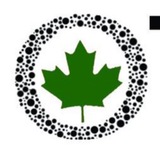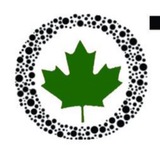tgoop.com/IOTASDC/242
Last Update:
📌 On the Anniversary of the 1979 Iranian Revolution | Part Two
In The Zero Marginal Cost Society, Jeremy Rifkin explains how emerging technologies are driving the cost of producing and distributing goods and services toward near-zero. Historically, societies have relied on centralized structures to meet their needs, but today, that dependency is diminishing. The rise of solar and wind energy, blockchain, the sharing economy, and autonomous systems is reshaping traditional models of production and power distribution.
One of the most striking examples of this transformation is in the energy sector. In the past, energy production was monopolized by large corporations and governments. Today, homes, farms, and local communities can generate their own electricity through renewable sources and share any surplus, reducing reliance on centralized power grids.
This shift is happening across multiple industries. In the sharing economy, platforms like Uber and Airbnb have disrupted traditional transportation and hospitality sectors by reducing dependence on corporate intermediaries. Similarly, blockchain and smart contracts are enabling transparent, peer-to-peer transactions without the need for banks or state-controlled financial institutions.
These developments suggest that the future of societies will not be shaped by sudden political revolutions but by the gradual emergence of new economic models. In a world where the cost of producing knowledge and energy is approaching zero, centralized governance structures and hierarchical control are becoming obsolete. Instead, distributed networks and collaborative ecosystems are paving the way for more efficient, fair, and sustainable systems that naturally decentralize power and wealth.
#ZeroMarginalCostSociety #NewGovernanceModels #FutureWithoutCentralization #JeremyRifkin #IOTA
📢 Follow the IOTA Telegram Channel for More Insights:
BY IOTA

Share with your friend now:
tgoop.com/IOTASDC/242
